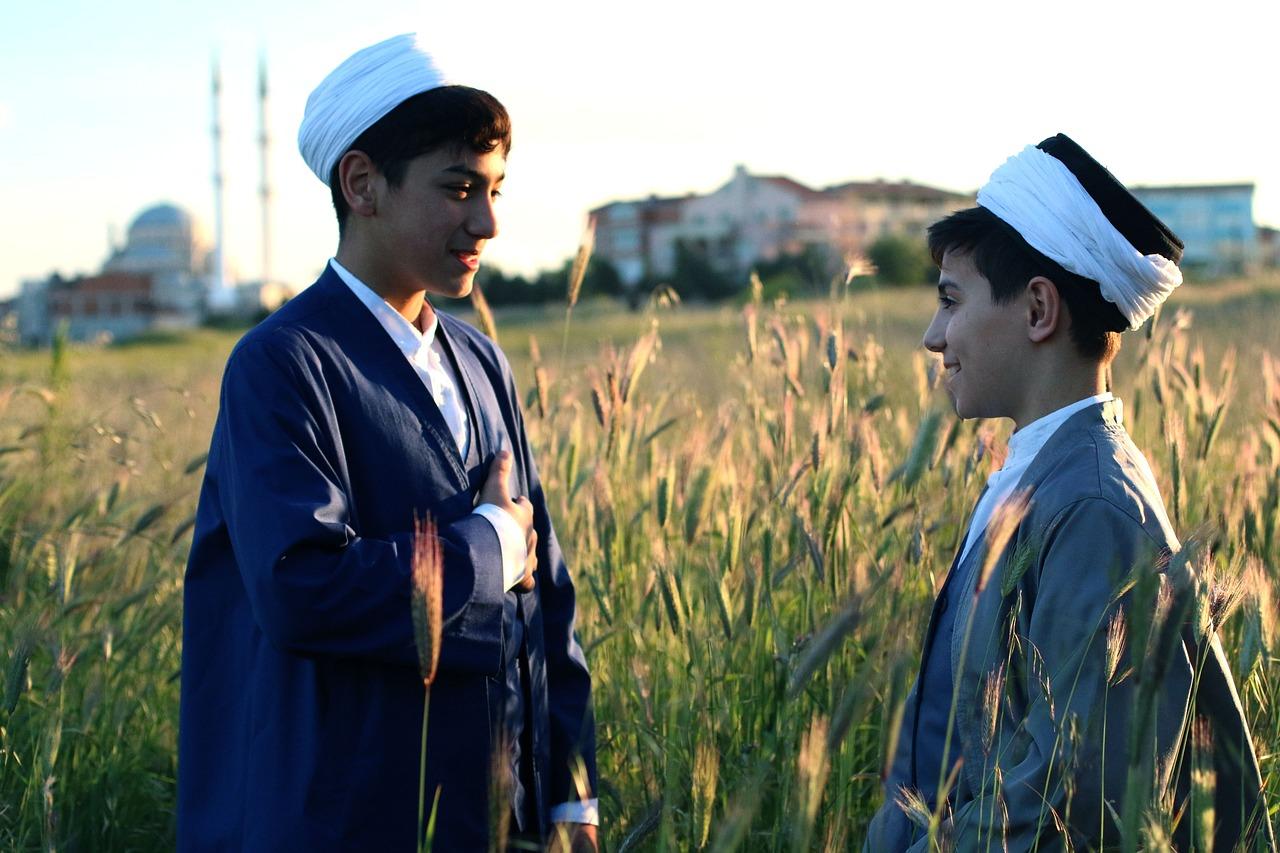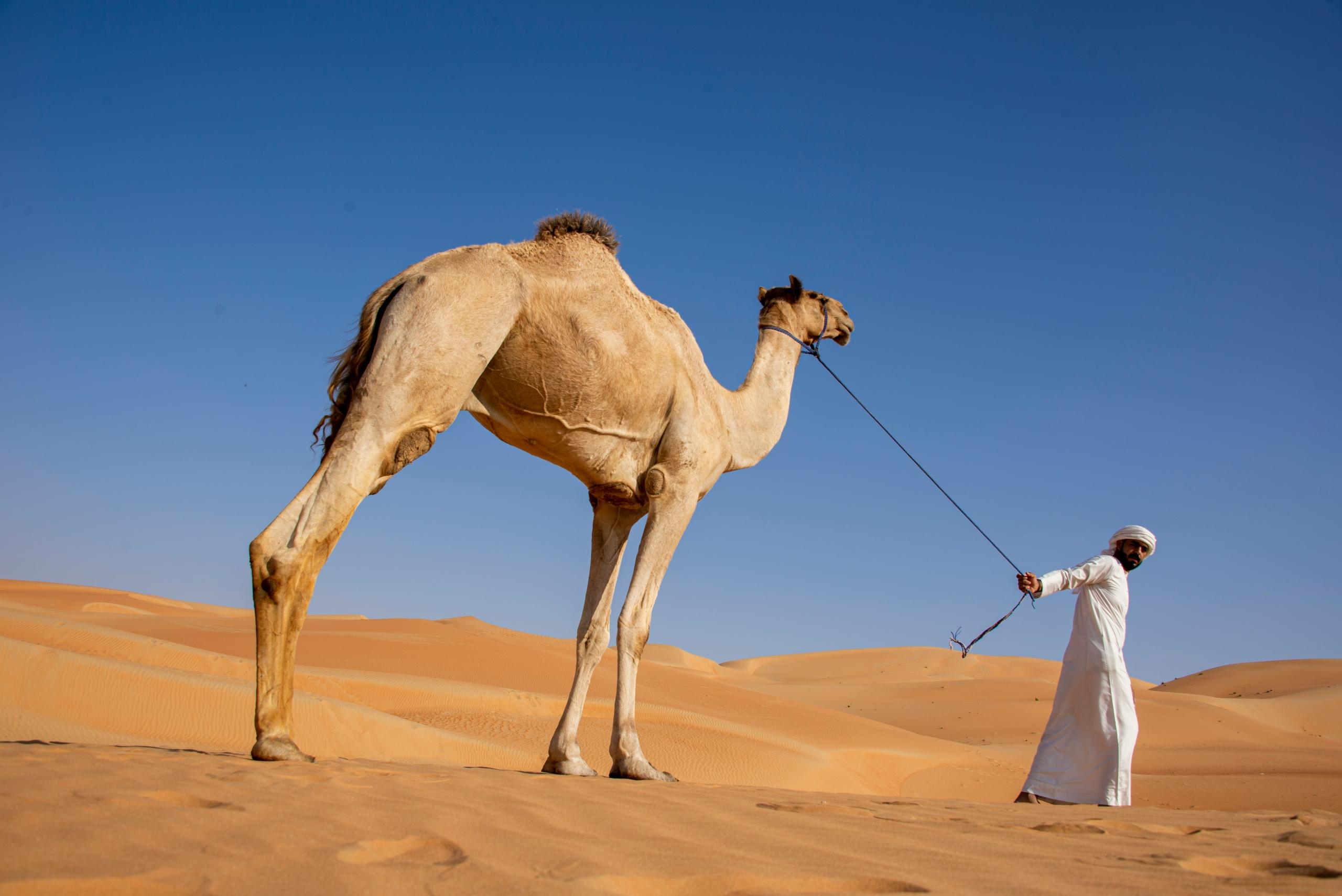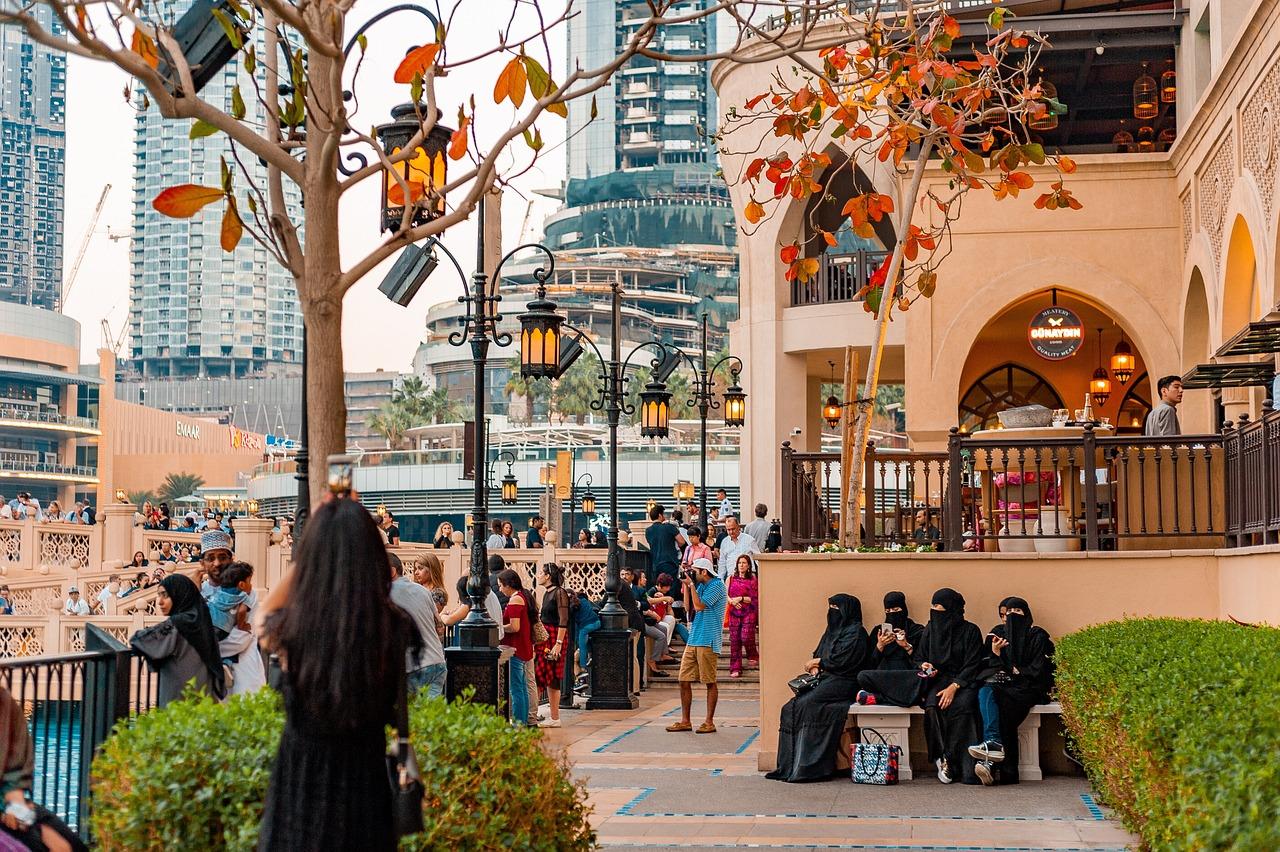Arabic is a language and culture with a great emphasis on politeness and gratitude, which naturally means that knowing how to say thank you is important. As a matter of fact, there are actually many ways of saying thank you in Arabic, each of them suitable for a number of different situations. Thank you for Arabic-speaking cultures is a very important word, and knowing how and when to use the right one is crucial good conversation in Arabic!
Here's a summary of some of the key ways to express thanks in Arabic, which we'll discuss in more detail throughout the article:
| Arabic Phrase (Transliteration) | Pronunciation | Arabic Script | Meaning | Usage/Context | Common in Dialects |
|---|---|---|---|---|---|
| Shukran | شكرًا | Thank you | Standard and most widely used form | Modern Standard Arabic (MSA), widely understood | |
| Shukran jazilan | شكرًا جزيلًا | Thank you very much | More formal or to express deep gratitude | MSA, widely used | |
| Jazak Allahu khayran | جزاك الله خيرًا | May Allah reward you with goodness | Religious and polite way of saying thanks | Common among Muslims, formal settings | |
| Barakallahu feek | بارك الله فيك | May Allah bless you | Religious expression of gratitude | Gulf, North African, Islamic communities | |
| Mutašakkir (m) / Mutašakkira (f) | متشكر / متشكرة | I’m grateful | Polite, somewhat formal | Egyptian Arabic | |
| Alf shukr | ألف شكر | A thousand thanks | To emphasize gratitude | Egyptian, Levantine, Gulf Arabic | |
| Tislam / Tislamu | تسلم / تسلموا | Thanks (lit. 'May you be safe') | Friendly, informal | Levantine, Gulf, Egyptian | |
| Ya‘tik al-‘afiya | يعطيك العافية | May God grant you wellness | Gratitude for effort or work done | Levantine, Gulf Arabic | |
| Mashkoor (m) / Mashkoora (f) | مشكور / مشكورة | Thankful / Much appreciated | Informal but respectful | Gulf, North African Arabic | |
| Merci | ميرسي | Thanks | Borrowed from French, informal | Lebanese, Egyptian, Maghrebi Arabic | |
| Shoukran ktir | شُكْراً كْتير | Thanks a lot | Informal, emphasizes gratitude | Levantine Arabic (Lebanon, Syria, Palestine, Jordan) | |
| Moutashaker awi | متشكر اوي | Very thankful | Casual and expressive | Egyptian Arabic | |
| Ashkuraka (m) / Ashkuraki (f) | أَشْكُرُك | I thank you | Formal way to express gratitude | Classical/Modern Standard Arabic |

Saying Thank You in Arabic
When it comes to how to say thank you, Arabic cultures have many different ways, but the most straightforward of these is a simple “shukran”. This literally translates to just “thank you” and is well understood in all Arabic dialects.
It has a good balance of formal and friendly, making it a good all-purpose way of saying thank you no matter who you are addressing it to. It is by far the most common way of saying thank you in Arabic.
How to pronounce thank you in Arabic
Luckily, unlike some other more complex Arabic phrases, the pronunciation of shukran is relatively simple. It is simply pronounced as we would read it with an English-speaking mindset as “shook-ran”.
This pronunciation is a good one to remember, as being able to say thank you is always going to be useful in any conversation you are likely to have, especially as a tourist in an Arabic country. It’s definitely one of the best words to get comfortable saying properly a lot!
How to Write Thank You in Arabic
Arabic script is notoriously difficult to directly learn for native English speakers since it does not use the same alphabet as English, or many other European languages, for that matter! However, as with any language, being able to read and write it is just as important as being able to understand it and speak common Arabic greetings.
In Arabic, the shukran thank you is written as “شكراً”. Compared to some other beginner Arabic phrases, this one is quite easy to write!
How To Say Thanks In A Formal Situation
As with seemingly all parts of conversation in Arabic, the way you say thanks in a more formal situation is different to how you would say it in a more casual one. This is not unlike English, although for most English-speakers this is a subconscious thing.
Certain language is more polite than other types, and this holds true in Arabic as well. There are a lot of different ways of saying a more formal thank you in Arabic, mostly arising from different national dialects. Luckily, most of these are generally understood in any Arabic-speaking country, even if it is not the one they are native to.

When to use baraka allahou feek ( بارك اللَّه فيك )
This way of saying thank you mainly originates from the United Arab Emirates, Saudi Arabia, and Qatar. It literally just translates to “God bless you”, although it doesn’t carry quite the religious connotations you might expect from this.
However, since it still has some religious links, it is generally only used by those in Islamic areas of Arabic-speaking countries. There is some considerable overlap, which does mean this one can see quite a lot of use, though.
It is decidedly a formal phrase, and it would probably be considered strange to use it casually with your friends.
When to use shoukran jazilan ( شُكْراً جَزيلاً )
This more formal way of saying thank you comes most commonly from usage around Syria, Lebanon, and Egypt. In fact, it’s the main way of saying thank you in Arabic Egypt, Lebanon, and Syria all use for any sort of polite setting.
Thanks to this widespread usage in these countries, it is well understood in any Arabic-speaking country to be a formal thank you. It literally translates to “thank you so much”.

When to use shoukran ktir ( شُكْراً كْتير )
Also originating from Lebanon and Syria, this way of saying thank you is slightly less formal than shoukran jazilan and as such can be used in more casual situations. While among friends shoukran jazilan would be considered rather awkward and stiff, when you use shoukran ktir it’s quite okay.
Literally, this translates to “thanks very much”, and much like shoukran jazilan you can easily see how it is derived from the popular and universal shukran thank you.
When to use moutashaker awi ( متشكر اوي )
This particular thank you originates from the Egyptian Arabic dialect, and is translated literally to “many thanks”. It is slightly more strongly emphasiszd than a simple shukran thank you, but is still used in informal situations as well as formal ones.
It is predominantly only used in Egypt, but can be understood in other Arabic-speaking countries as well.
When to use Ashkuraka ( أَشْكُرُك )
Another of the less formal but still formal thank yous, ashkuraka is a hello that is common to all Arab dialects in all Arabic-speaking countries. It truly translates to “I thank you” and carries a level of sincerity to it.
Traditionally, it would be preferred in formal situations, but it would certainly not sound awkward if used in a more informal situation as well.
How To Say You're Welcome in Arabic
Just as important as being able to say thank you properly is knowing how to reply appropriately. In English, we have a huge number of responses, ranging from things like you’re welcome to it’s nothing and all in between.
| Reply (Transliteration) | Pronunciation | Arabic Script | Meaning | Usage/Dialect |
|---|---|---|---|---|
| Afwan | عفوًا | You're welcome | Formal and widely used in MSA | |
| La shukr ‘ala wajib | لا شكر على واجب | No thanks needed / It was my duty | Formal, polite response in MSA | |
| Hala / Ahlan | هلا / أهلًا | Welcome | Informal, common in Levantine and Gulf Arabic | |
| Mafish mushkila | مفيش مشكلة | No problem | Casual, commonly used in Egyptian Arabic | |
| Tikram / Tikrami (f) | تكرم / تكرمي | With pleasure | Levantine Arabic (Syria, Lebanon, Jordan, Palestine) | |
| Min ‘uyooni / Ala rasi | من عيوني / على راسي | With all my heart / My pleasure | Levantine and Gulf Arabic, very warm response | |
| Walaw | ولو | Don't mention it / No problem | Informal, common in Levantine Arabic |
Saying thank you is very important, but so too is being able to respond politely to someone’s thanks!
How To Say Thank you Allah, in Arabic?
There are several ways of saying thank you Allah Arabic people use, which is not a huge surprise to anyone familiar with Arabic culture. Islam and Arabic are closely intertwined in many ways, and this of course means that giving thanks to Allah is possible in many ways.
Alhamdulillah is an Arabic phrase that literally translates to “praise be to God”, but is also used interchangeably as “thank God” as well. It is a shortened version of the first verse of the opening chapter of the Al-Qur’an.
The full phrase it is shortened from is “al-hamdu l-illahi rabbi l-alamin” which actually translates to “all praise is due to God, lord of all the worlds”.
In practical terms, this phrase is used a lot by both Muslim and non-Muslim Arabic language speakers in many contexts. As well as religious applications, it can simply be used to express satisfaction, or when discussing accomplishments.
It can be used in relation to fortunate circumstance, or in general with regards to just about anything one might have reason to be thankful for.
The written form of alhamdulillah is relatively easy to learn.
It is written simply as “ٱلْحَمْدُ لِلَّٰهِ”, although most of the time, you will find it used much more in spoken conversation than written down.
Of course, these are all just some of the very many different ways one can say thanks in Arabic. With a history and culture as extensive as Arabic has, there are more ways than you can reasonably name to give thanks.
While these can give you a good selection to work with, the best way to learn how to say thanks is to learn Arabic as a whole. However, this is much easier said than done, as with any language, since learning languages can be quite a daunting task. Fortunately, help is at hand!

Tutoring is well known to be the most efficient and effective way of learning any academic discipline, and this is doubly true with languages.
Having someone able to teach a language to you in a personalized way and offering you one-on-one conversational practise as well as direct and instant feedback on your spelling, grammar, and pronunciation is beyond invaluable.
Superprof offers a wide array of Arabic language tutors, each of them an expert in the language with their own style of teaching. With many to choose from, you can easily find a tutor whose style of teaching is perfect for you, made even easier by the fact many of them offer their first lesson for free.
With all this at your fingertips, there’s never been a better time to learn Arabic!
Summarize with AI:















